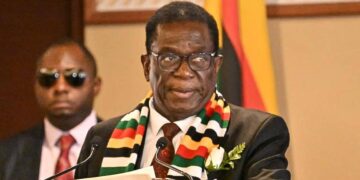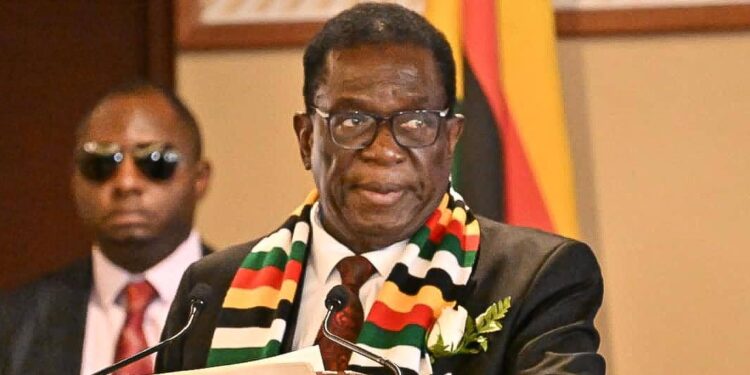By Enyichukwu Enemanna
The Senate in Zimbabwe on Thursday passed a law to abolish death penalty, finally eliminating a constitutional provision that has not been implemented in the past 20 years.
The law will come into effect once it has been signed by President Emmerson Mnangagwa, which is expected.
The last execution in the southern African country took place in 2005, carried out by hanging. This was partly due to the lack of individuals willing to take up the role of executioner.
President Mnangagwa, who has led the country since 2017, has consistently voiced his opposition to capital punishment.
During the independence war, Mnangagwa himself faced a death sentence, which was later commuted to 10 years’ imprisonment. As the nation’s leader, he has granted amnesties that convert death sentences to life imprisonment.
Amnesty International has urged President Mnangagwa to sign the bill into law “without delay” and to commute the sentences of those currently on death row.
Presently, at least 60 prisoners are awaiting execution in Zimbabwe.
Zimbabwe is one of four African nations, alongside Kenya, Liberia, and Ghana, that have recently taken “positive steps” towards the abolition of the death penalty, according to Amnesty International.
Approximately three-quarters of the world’s nations have abolished the death penalty, Amnesty International reports.
In 2023, Amnesty documented 1,153 known executions worldwide, an increase from 883 the previous year, even as the number of countries carrying out executions fell from 20 to 16.
The figures exclude data from North Korea, Vietnam, and China due to a lack of transparency.
Amnesty’s October report identifies China as the top executioner globally, with thousands believed to have been executed.
Iran and Saudi Arabia together accounted for nearly 90% of all executions reported by Amnesty International in 2023.
In Nigeria, the death penalty remains enshrined in law but is rarely carried out due to human rights concerns.
Since the return to democracy in 1999, state governors have been largely reluctant to sign execution orders for convicts.
Security agencies in Nigeria have, however, been accused of secretly executing suspects involved in violent crimes, an allegation repeatedly denied.


































